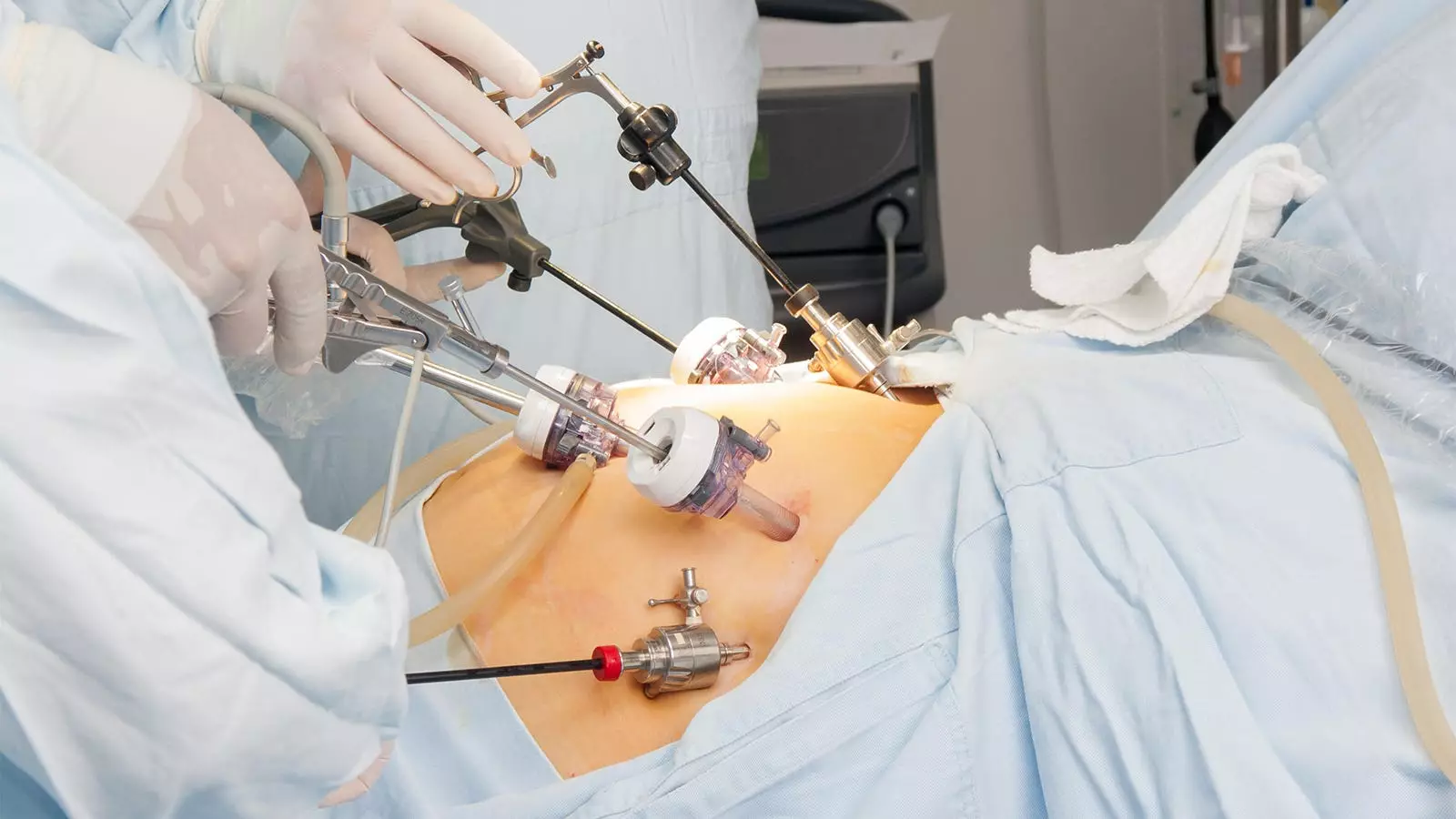Bariatric surgery is an effective treatment for obese patients seeking to lose weight and improve their overall health. The two most common procedures, laparoscopic sleeve gastrectomy and laparoscopic Roux-en-Y gastric bypass (RYGB), have been the subject of debate regarding their perioperative complications and safety. In a recent randomized trial, researchers aimed to compare the incidence of adverse events (AEs) and the safety profiles of these two procedures. The results provide valuable insights into the short-term outcomes of both laparoscopic sleeve gastrectomy and laparoscopic RYGB.
The Bypass Equipoise Sleeve Trial (BEST) trial included 1,735 eligible patients who were randomized to undergo either laparoscopic sleeve gastrectomy or laparoscopic RYGB. The patients were recruited from 23 hospitals in Sweden and Norway and had a baseline body mass index (BMI) between 35-50. The researchers excluded patients with certain medical conditions and previous bariatric or major upper gastrointestinal tract surgery. All procedures were performed laparoscopically and none were converted to open surgery. Antibiotic and thrombosis prophylaxis were administered to all patients.
The study found that the incidence of AEs within 30 days did not significantly differ between the two procedures. In the sleeve gastrectomy group, 4.6% of patients experienced any adverse event, compared to 6.3% in the RYGB group. Similarly, the rates of serious AEs were comparable, with 1.7% occurring in the sleeve gastrectomy group and 2.7% in the RYGB group. Notably, there were no deaths within 90 days in either group. The only significant difference between the two procedures was the occurrence of small bowel obstruction, which was observed only in the RYGB group.
Overall, the study suggests that both laparoscopic sleeve gastrectomy and laparoscopic RYGB have low and similar perioperative AE rates. This finding indicates that the short-term surgical risk should not be the determining factor when choosing a procedure. Instead, the long-term suitability and potential benefits of each procedure should be considered. While the sleeve gastrectomy has become increasingly popular, especially in Scandinavia, the RYGB procedure has been the gold standard for decades. Therefore, the researchers stress the importance of tracking these patients for a longer period to assess long-term weight loss outcomes and serious AEs.
The BEST trial provides valuable insights into the perioperative complications and safety profiles of laparoscopic sleeve gastrectomy and laparoscopic RYGB. The study found that both procedures have similar incidence rates of AEs and serious AEs. The occurrence of small bowel obstruction was the only significant difference observed. These findings suggest that the short-term surgical risk should not be the deciding factor when choosing a bariatric procedure. Instead, the long-term suitability and potential benefits to each patient should be taken into consideration. Further research is needed to assess the long-term outcomes of weight loss and serious AEs for both procedures.


Leave a Reply